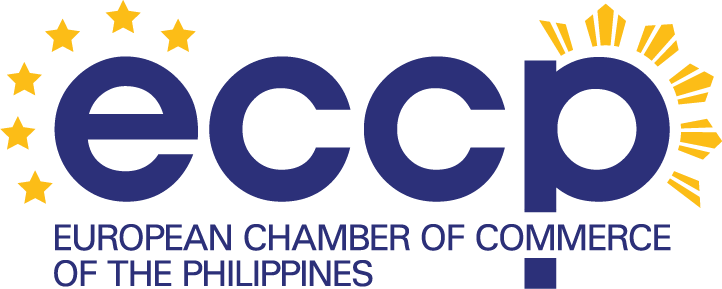
Technology For Progress : Retail to E-Commerce
"Digitalization has been accelerated enormously since the Covid outbreak. Lockdowns and social distancing forced end-consumers and producers to make use of online channels to keep their operations alive. On the one hand, this rapid transformation has had heterogeneous effects on different sectors. Further, promptness in decision-making also appears to play an increasingly important role in online buying. Think about this, the amount of time spent by consumers in the digital world has exploded, and this should reduce the acquisition cost per user, which increases the room for improvement for new and small businesses."
This was a statement from Ms. Alba del Villar Olano, Spain-based expert in digitization and internationalization, when asked how the e-commerce landscape and customer buying behavior have changed since the pandemic. Ms. Alba was a keynote speaker in the recently held IBTM World, in Barcelona Spain, and her session on ``Taking the Fear Out of Digitalisation" provided the attendees with the "insights and knowledge they need to recover and grow in 2022 and beyond".
Retailing is the combination of selling or renting consumer goods and services directly to ultimate consumers for their personal or household use and includes such diverse activities such as buying, advertising, data processing, and maintaining inventory. The emergence of the digital landscape has significantly affected the retail industry. Inventories, data processing, and advertising are no longer the only aspects of retail that utilize technology; consumer behavior has also shifted with the rise of various e-commerce platforms. With the competitive retail market and the rise of e-commerce, retailers are now challenged to look outside the box to meet consumer demand, gain efficiencies, and render maximum profit.
According to UNCTAD, "the dramatic rise in e-commerce amid movement restrictions induced by COVID 19 increased online retail sales' share of total retail sales from 16% to 19% in 2020". Furthermore, it was reported that the pandemic enabled businesses and consumers to fully go digital, which facilitated innovations such as online shopping, grab-and-go technology, and other smart store infrastructure upgrades. These advancements have greatly aided in the creation of a seamless consumer experience and have reshaped the retail landscape.
E-commerce sites are widely used across the country in various market segments. The convenience that technological innovation provides to consumers suggests that there is much more in store for retail's future. Traditional supply chains are being disrupted as goods and services are increasingly purchased solely through a screen. As a result, key business leaders must learn to adapt to and engage with AI investments, as e-commerce is unquestionably here to stay.
The European Chamber of Commerce of the Philippines (ECCP) and Fairs and More, Inc. (FMI) will co-organize the forum Technology for Progress: Retail to E-Commerce and we are pleased to have Ms. Alba del Villar Olano to join us as our Guest Speaker, together with some of the Business Leaders in the E-Commerce industry in the Philippines as panelists. The panel discussion, moderated by Digital Pilipinas Convenor and GeiserMaclang Co-founder Ms. Amor Maclang, aims to discuss how the retail industry has transformed over time, what innovations and solutions can businesses and consumers look forward to in the future, and how eCommerce has affected the retail industry.

